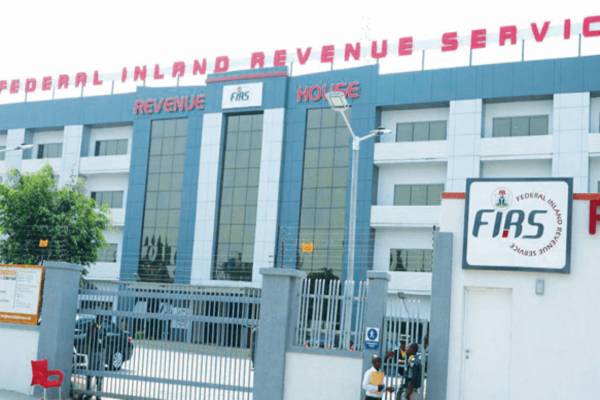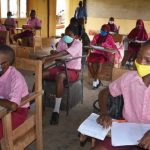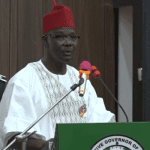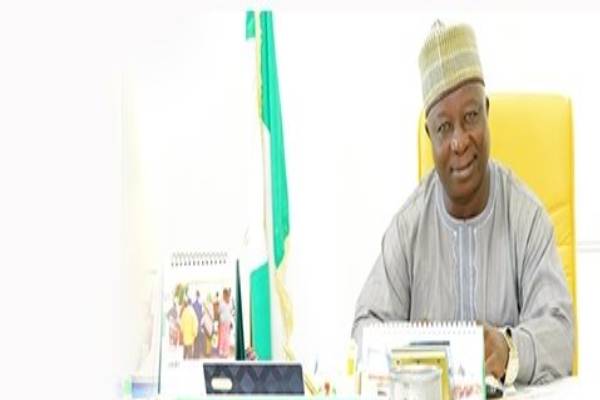The Federal Inland Revenue Service has set aside N2.8 billion for “uniforms and apparel.” for the fiscal year 2022.
The FIRS, which is one of the most profitable government agencies, put aside N262.5 million for security votes and N17.8 billion for “other” expenditures.
In addition, the tax authority has set up N550 million for refreshments and N200 million for athletic activities.
There are already worries about the cost of governance and the amount of the annual budget spent on recurring expenses.
On October 7, President Muhammadu Buhari (retd.) presented the joint section of the National Assembly with his budget proposal for 2022, which included a staggering N4.69 trillion for personnel expenditures and pensions out of a total budget of N16.39 trillion (inclusive of N617.72bn for the 63 GOEs). In addition, N792.39 billion would be spent on overhead (inclusive of N451.0 billion for the 63 GOEs).
Due to the country’s limited resources and low revenue, the Federal Government plans to spend N3.61 trillion on debt payment while borrowing an additional N6.25 trillion from local and international sources to cover the budget deficit.
Meanwhile, the FIRS’ overall budget is N228 billion, exceeding both the National Assembly’s (N134 billion) and the judiciary’s (N134 billion) budgets for 2022. (N120bn).
The FIRS budget also exceeds the present budgets for Abia, Adamawa, Anambra, Bauchi, Benue, Ebonyi, Edo, Ekiti, Enugu, Gombe, Jigawa, Kano, Kebbi, Kogi, Kwara, Nasarawa, Niger, Ondo, Osun, Plateau, Sokoto, Taraba, Yobe, and Zamfara states for the year 2021.
The tax authority proposed N2.5 billion for land acquisition, N3 billion for office equipment, N1.5 billion for photocopying machines, N2.04 billion for computers, and N500 million for sports facility development in its 2022 budget proposal.
The agency put aside N1 billion for generator fuel and N250 million for maintenance, with another N550 million set aside for the purchase of more generators.
The FIRS has set aside N1.3 billion for office supplies and computer consumables, while N3 billion would be spent on non-security document printing.
The agency would spend N1.4 billion on power, N460 million on phone bills, and N1.3 billion on security services.
The FIRS will spend N7.9 billion on donations and contribute N200 million to international organisations.
N800 million was set aside for legal expenses, N1.04 billion for bank costs, N9.5 billion for welfare packages, N1.1 billion for a staff retreat, and N2.9 billion for repairs.
The FIRS collects Value Added Tax, Company Income Tax, stamp duty, technology levy, Personal Income Tax, Capital Gains Tax, Nigeria Customs Service Import VAT, electronic money transfer and gas income.
Currently, the FIRS is involved in a legal dispute with Rivers and Lagos states over the right authority to collect VAT.
The Federal High Court in Port Harcourt, the Rivers State capital, had on September 10 ruled that Rivers State and not the FIRS should collect VAT and Personal Income Tax in the state.
Until then, the FIRS was the agency collecting VAT across the country and after deducting its four per cent collection cost, it remitted the rest to the federation account for sharing among the three tiers of government.
Following the ruling of the Federal High Court, the FIRS filed an appeal at the Court of Appeal in Abuja, and the court ordered all the parties to maintain status quo. It also granted the application for joinder by the Lagos State government. Rivers and Lagos states have enacted their VAT laws.
The Court of Appeal in Abuja has however transferred the matter to its division in Port Harcourt for further hearing.
In the meantime, the Rivers State Government has petitioned the Supreme Court to overturn the Appeal Court’s decision that the parties should retain the status quo.














